Disasters
PIO
Press Release
News release: President Signs Disaster Declaration for Utah
Federal aid will cover 75 percent of eligible damages to public infrastructure
For immediate release
April 21, 2017
Contact:
Joe Dougherty, public information officer
Utah Division of Emergency Management
jdougherty@utah.gov
Fact sheets
4311 Declaration Public Assistance Process Public Assistance Fact Sheet
SALT LAKE CITY – Utah Governor Gary R. Herbert has received confirmation that President Trump formally signed the Declaration for Disaster for Public Assistance for Box Elder and Cache counties. The disaster declaration covers damage to public infrastructure that occurred as a result of severe winter storms and flooding Feb. 7-27, 2017.
(FEMA Press Release here Federal aid programs available here)
“Infrastructure, such as roads, is very expensive to replace,” said Kris J. Hamlet, director of the Division of Emergency Management. “We appreciate that this resource exists so our counties aren’t left with a significant and unexpected financial burden.”
“We are excited and somewhat relieved to hear of President Trump’s declaration,” said Craig Buttars, Cache County executive. “Now Cache County can begin to allocate resources that will be made available from the federal government to repair and replace damaged infrastructure. The potential for more flooding this spring still exists which may further delay repairs to some roadways until the runoff subsides.”
Mark Millett, Box Elder County emergency manager, said he’s grateful for the support of the State both during and after the flooding event and for the State’s pursuit of a disaster declaration.
“Having these funds available will help our county have a stronger recovery following a natural disaster,” Millett said.
FEMA and state officials will likely establish a FEMA/State Joint Field Office. The Utah Division of Emergency Management will work closely with FEMA and local officials to bring disaster relief for public infrastructure in the impacted counties.
The presidential declaration releases federal money to help pay for repair of flood-damaged infrastructure not already covered by insurance or other federal agencies. FEMA covers 75 percent of the eligible costs to repair public infrastructure. In addition, the declaration also makes hazard mitigation assistance available, which allows the state to take actions to prevent or reduce long-term risk to life and property from future natural hazards.
On April 6, the State of Utah requested that President Trump declare a major disaster (PDF Word) for Utah as a result of flooding in Box Elder and Cache counties.
The Federal Emergency Management Agency (FEMA) recently validated Utah’s revised estimates of $5.98 million in damages to public infrastructure. Road damage accounts for most of Utah’s damage estimate, with other costs relating to emergency protective work and debris removal.
Utah Gov. Gary R. Herbert issued an executive order on March 31 declaring a “State of Emergency” in Utah as a result of flooding in Box Elder and Cache counties between Feb. 7 and Feb. 27.
The Governor’s declaration (PDF Word) notes that flooding caused severe damage to roads, bridges, culverts, homes, businesses, utilities, and to other private and public facilities and agriculture, overburdening the communities. See that press release here.
See the current State of Utah Emergency Operations Center status here.
###
The Utah Division of Emergency Management (dem.utah.gov) is the State’s lead agency for coordinating state resources in a disaster. Utah DEM also conducts emergency preparedness efforts before a disaster through its Be Ready Utah program (BeReadyUtah.gov). Be Ready Utah aims to help families, businesses, schools and communities get ready for disaster. CERT belongs to the Be Ready Utah communities initiative.
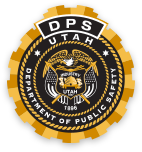
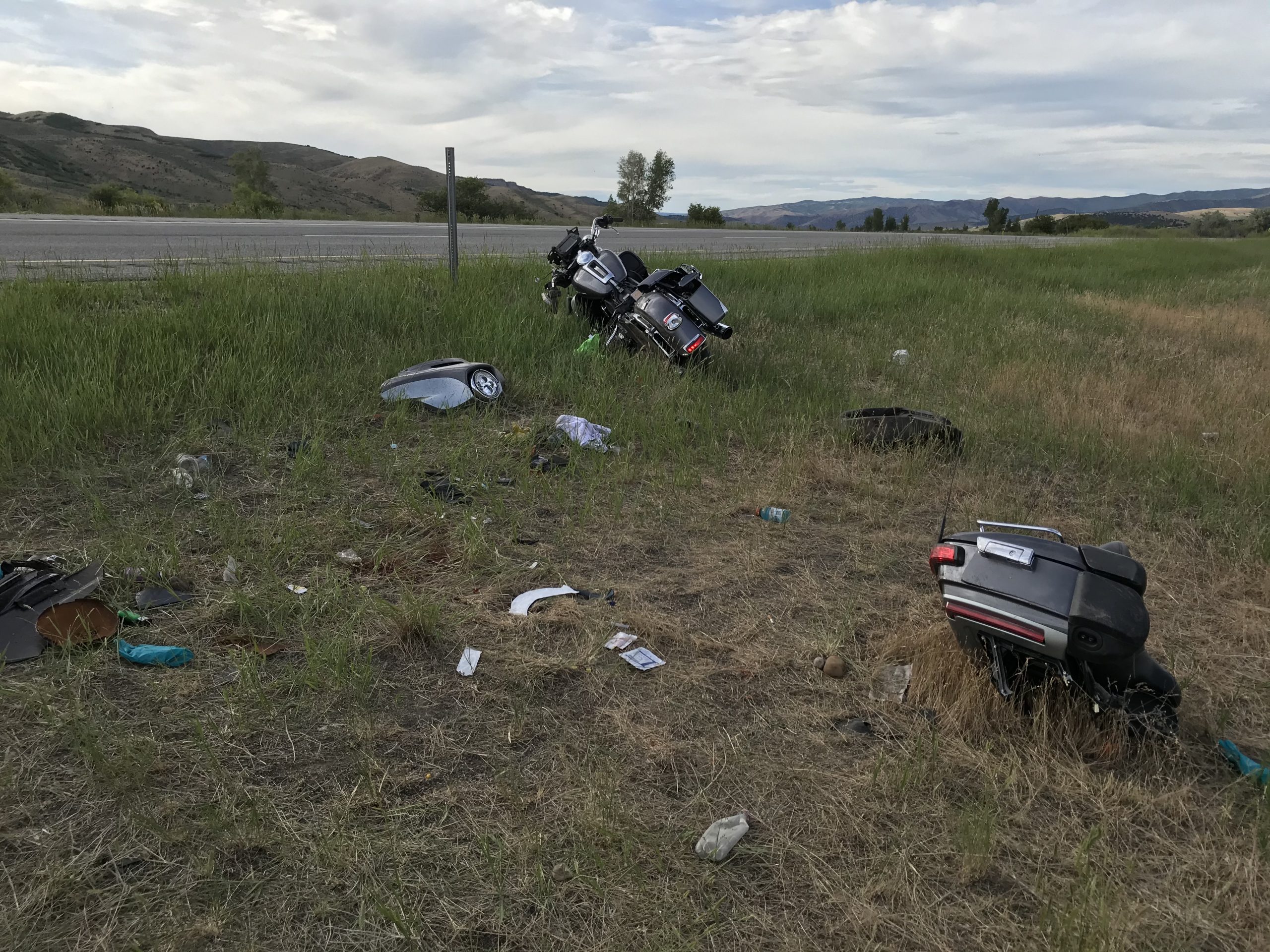
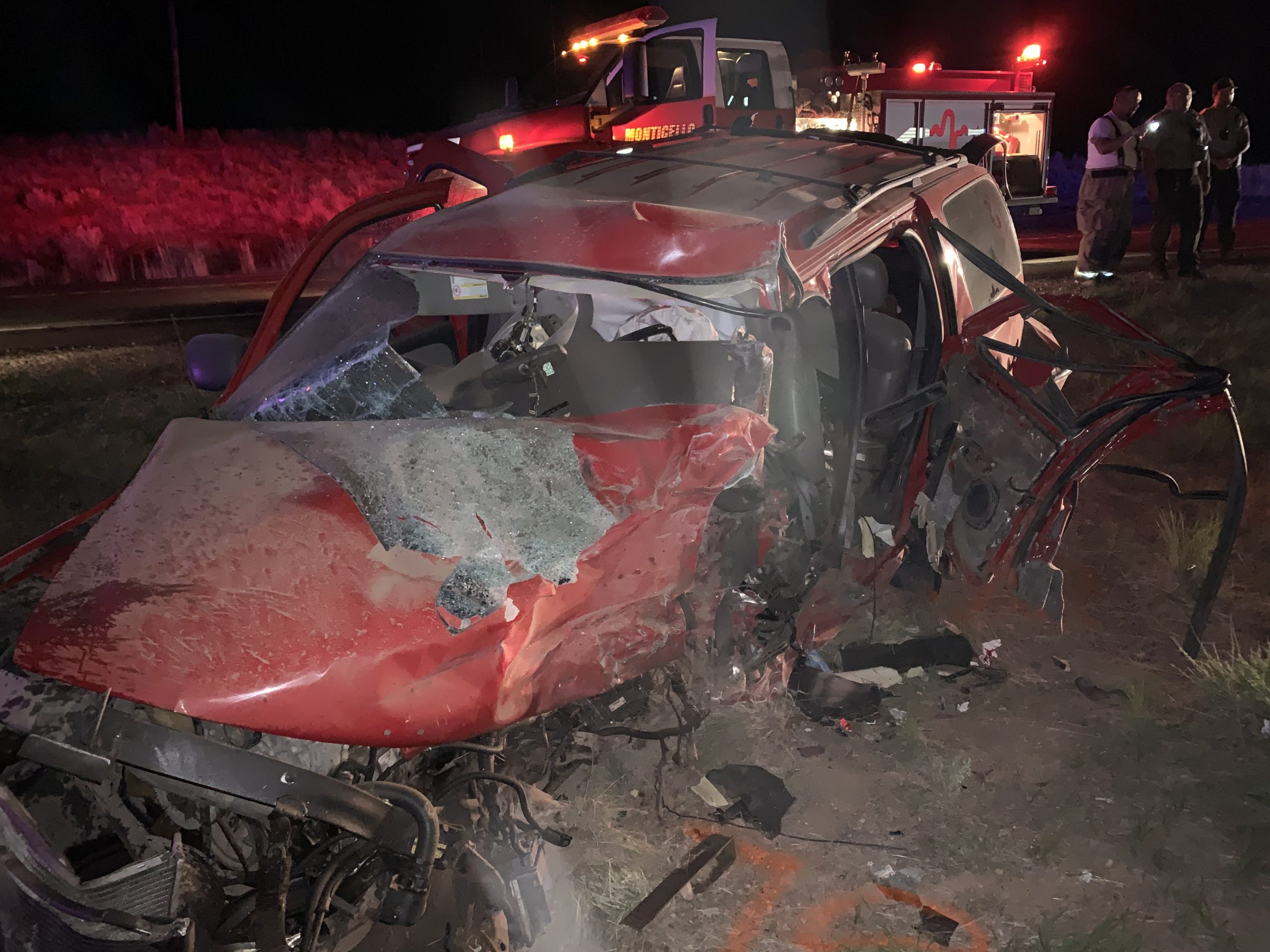
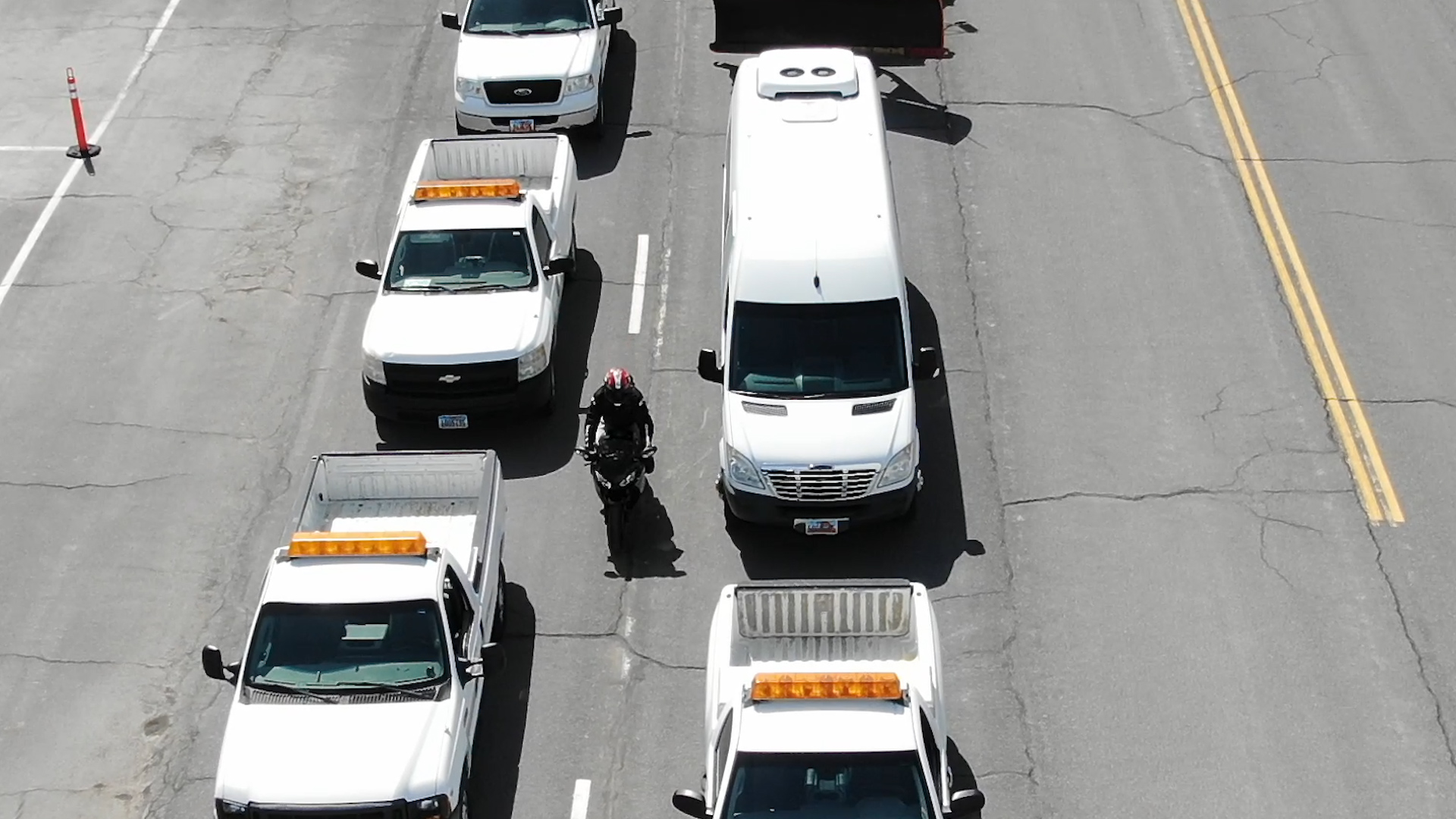
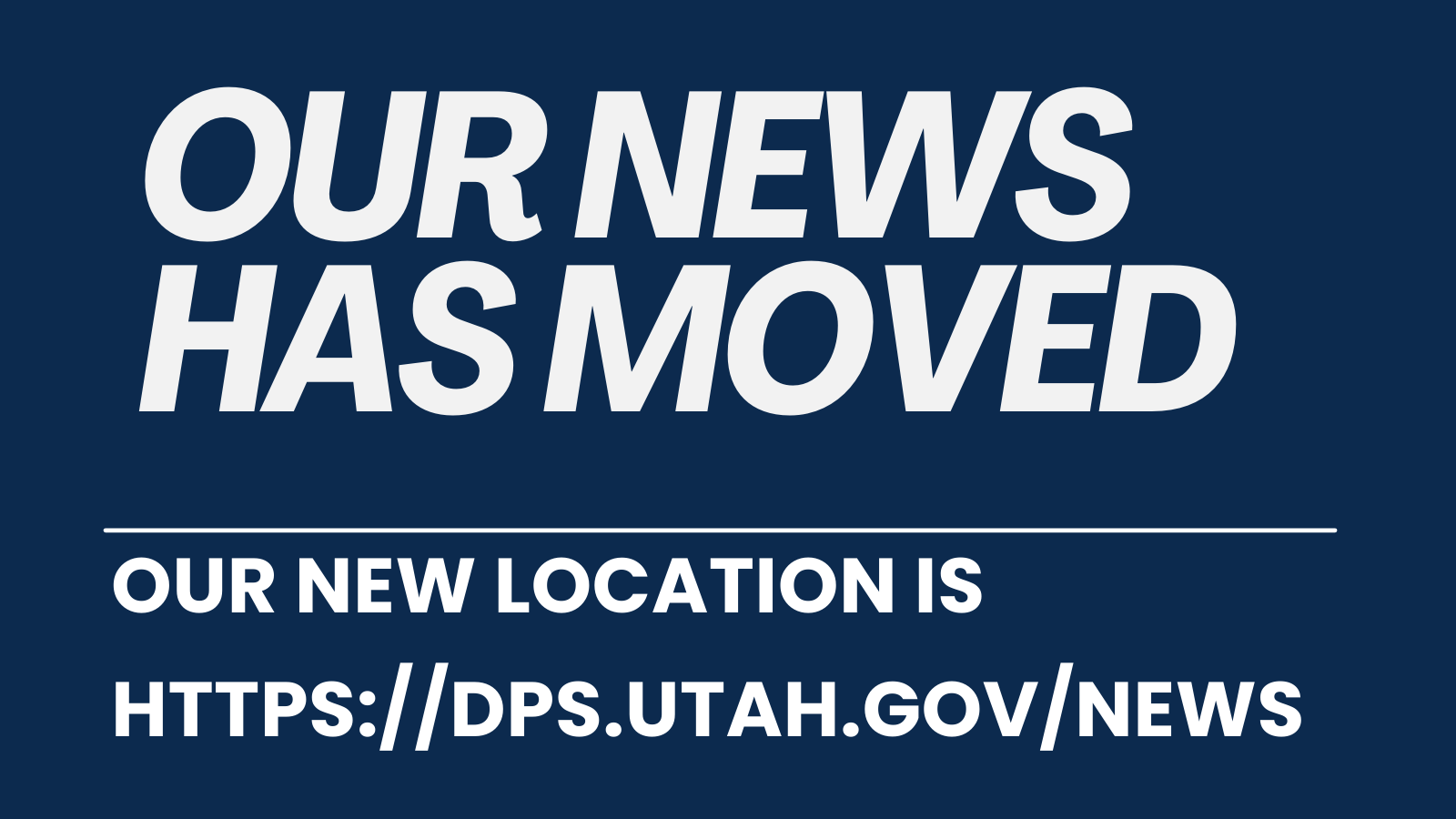
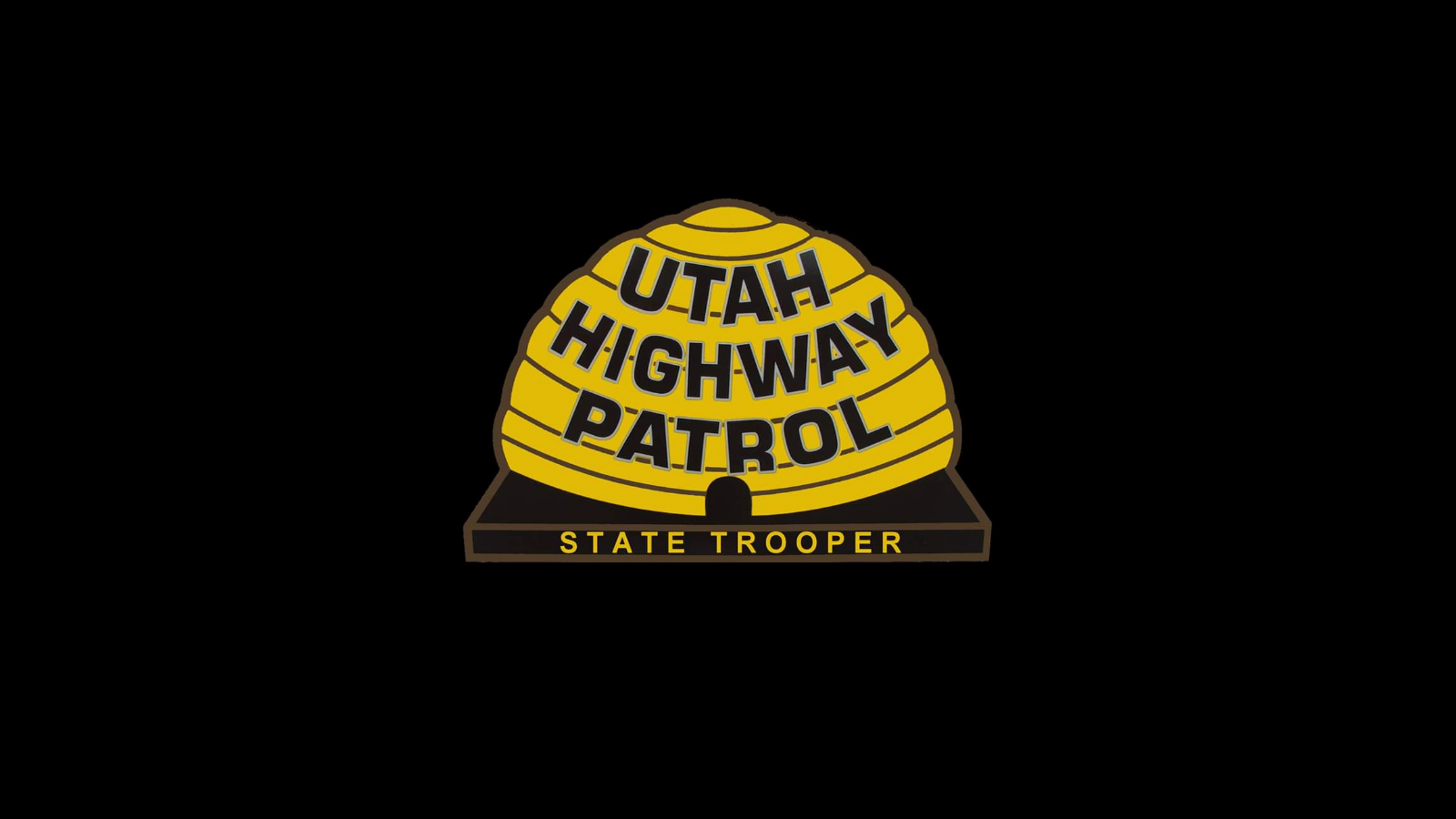
SHARE THIS STORY